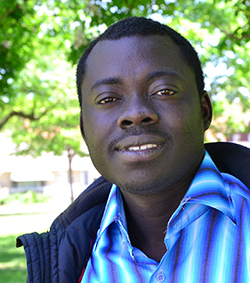I was browsing for the statistical method (longitudinal analysis) on the Google website as it related to a project I was doing at work. Then, I found the course (PHDA05) on the search results. After reviewing the program description, I found the program included many courses that I was most interested in. The course lab components were particularly attractive as they enabled me to practice with various statistical software including SAS, ArcGIS, and Mplus and work with actual health administrative data.
